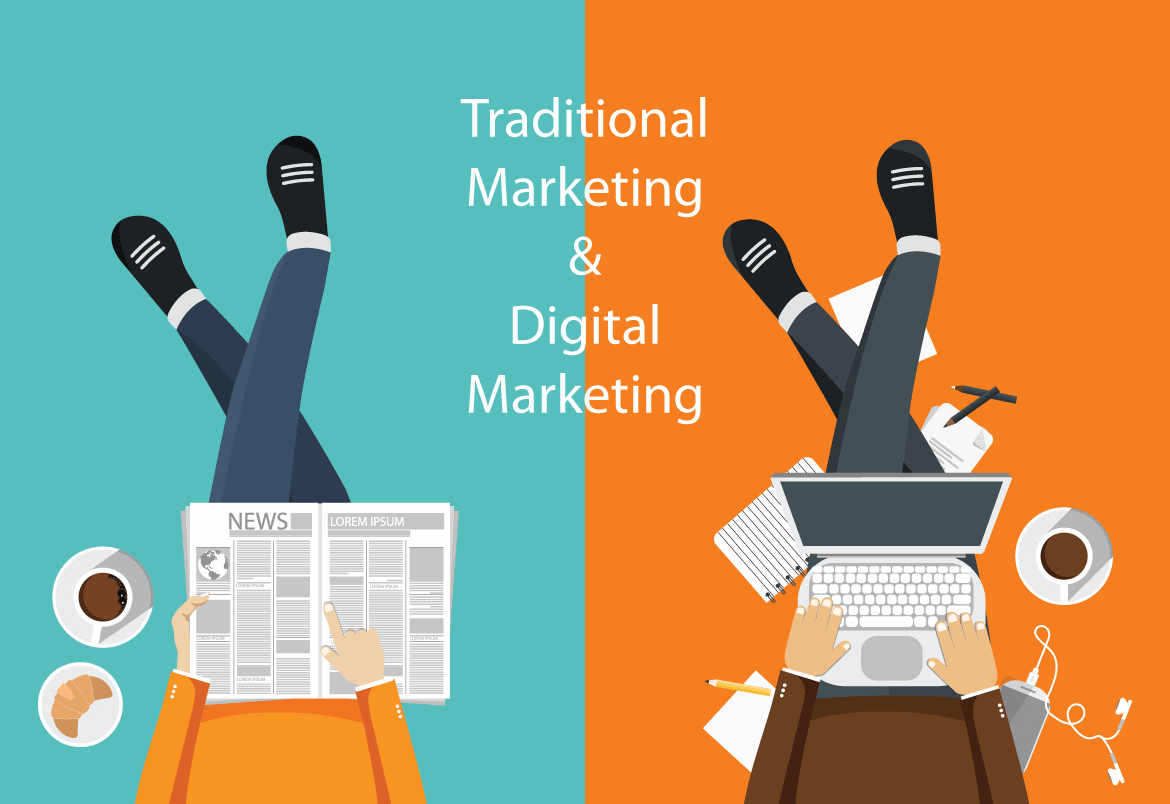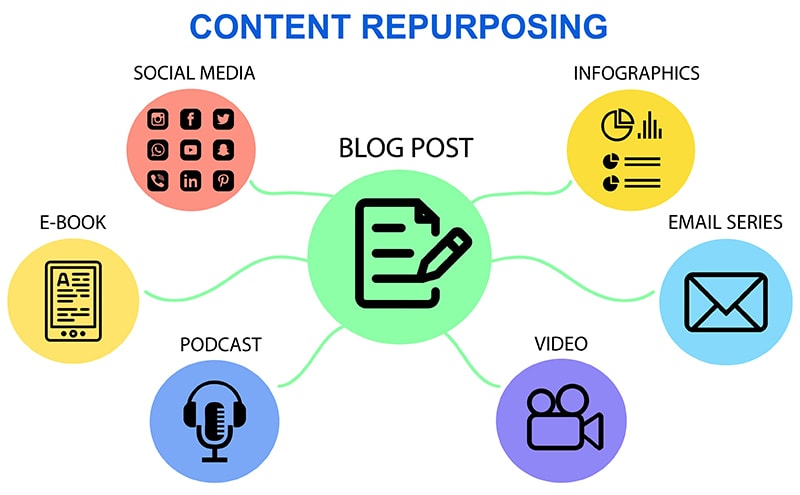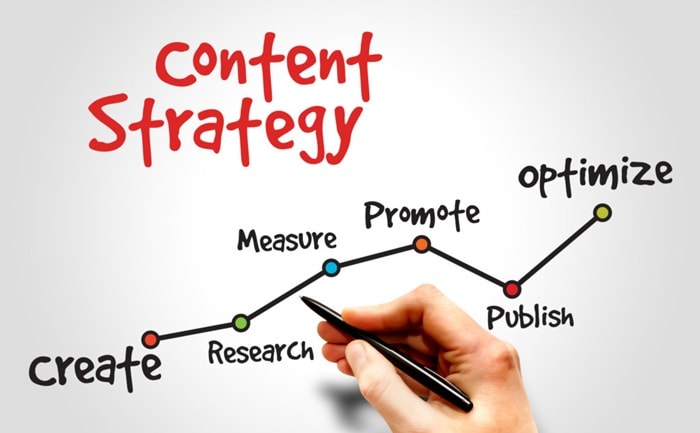Given that AI content has proliferated in the last year, a reader often can’t tell whether something was written by a person or AI unless it says so. What is the logic that forbids writers from using AI?
This is a relevant question because AI-generated content, for example, is as good as or even better than human-written content. Or are there any potential risks with Google penalties? Is this AI-generated content of benefit to its audience? And what does ethics say to this?
These are the questions that will be discussed in this article.

Addressing Ethics Issues Arising with Generative AI
You’re no doubt familiar with what generative AI is and the many ways it can be applied-in particular for digital marketing. Many people have taken a stab at figuring out how to apply it in their SEO and PPC work. Where generative AI undoubtedly makes content creation easier and more powerful, there’s an ethical conversation to be had about the origin and truth of that content. Let’s just say these concerns aren’t exactly frivolous and do deserve some serious consideration.
Authenticity and Disinformation
Generative AI produces strikingly realistic and believable content, hence raising a number of concerns over spreading misinformation. For instance, deepfakes contain synthetically created media, where the likeness of persons is inserted onto existing images or videos. They may create high risks regarding the spread of false narratives or impersonations likely to amount to serious social and political consequences.
Considering the Concerns of Bias and Equity
AI systems can detect and amplify biases in their training datasets. This amplification can result in outcomes that are unfair or discriminatory, especially in vital sectors such as recruitment, law enforcement, and credit assessment.
Bias is generally regarded as a defect in decision-making mechanisms that usually produce an unequal output. In AI, it occurs when generated content delivers discriminatory content from the data that were used to train it.
For example, AI models such as Midjourney, OpenAI’s DALL-E, and Stable Diffusion generate pictures of COOs-mostly images of men, reflecting the gender bias found in this field. This, of course, reflects the real-world biases where women are vastly underrepresented in COO positions.
Therefore, fact-checking mechanisms need to be broad to reduce the potential biases in AI-generated content.
Intellectual Property Rights in the Digital World
The New York Times filed its lawsuit against Microsoft last December for using copyrighted material on AI applications. That means millions of articles were used to train chatbots that would now directly compete with the NYT content.
Interestingly, the appropriation of copyrighted material from search engines is generally tolerated by individuals and businesses. This leniency stems from the clear benefits it offers to all parties involved: Google directs billions of users to websites worldwide.
These visitors then equate to revenue, and a foundation has been built for the SEO industry as we currently know it. But where do ethics come into play?
- Fair Use vs. Exploitation: Since most online interactions are dominated by search engines, Google-owned platforms rank as the most visited multi-platform web property in the U.S.
- Clarity and Acknowledgment: The search engines, like Google, link directly to the source websites most of the time and give credit to whom it’s due.
Ethics do play a part when there is one that benefits from the AI-generated content. The acknowledgment of the content has to be a win-win situation where due credit must be given to the origins.
Potential SEO Penalties for Using AI-Generated Content
The most frequently asked question regarding AI-generated content is the potential penalty one will attract from the search engines. The answer is simply yes, though not always. This all depends on a number of factors that include relevance and usage of the content for both the search engine and the reader.
Here are some of the possible reasons why Google would flag a website with AI-generated content:
Risk of Duplication and Plagiarism with Generative AI: The generated content by generative AI, while unaware to the generator, may closely resemble currently available material on the internet, raising potential problems of duplication or plagiarism.
Understanding the Concept of Qualified Clicks in SEO for AI Search
Search engines impose penalties on websites featuring non-original content or on content perceived as manipulative of search rankings through the duplication of already existing material.
Here is what Google has to say about plagiarised content:
“Scraped content, even from high-quality sources, without additional useful services or content provided by your site may not provide added value to users. It also may constitute copyright infringement. A site may also be demoted if a significant number of valid legal removal requests have been received.”
Google can and always will be able to, at any moment it feels that you have violated its policies, impose penalties in the form of manual actions.
Lack of E-A-T: Search engines also take into consideration the expertise, authoritativeness, and trustworthiness of content, particularly for important websites. A few websites do publish credible health, financial, or even legal information. A number of cases have been recorded in which websites received traffic losses due to not providing enough evidence related to author expertise.
For instance, in one recent viral case, a site went from 1 million organic visitors to zero in just three months. The website didn’t confirm the cause, but speculation is that inaccuracies existed in more than 1,000 AI-created articles. The articles had pervasive erroneous Excel formulas that didn’t serve readers’ needs.
The Revolutionary Impact of Generative AI on the Future of Marketing
The Use of AI-Generated Content for the Readers
The question people are all thinking but never ask is how well it will actually serve the readers. Indeed, it might be helpful. Again, this is where the origin of content creation whether AI or human does not matter. What matters most is the quality of the content: that it should be clear, commanding, and above all, correct. So long as the readers find this useful, its origin will not matter so much.
Many companies have gambled with AI content creation and eventually reaped good SEO results. Google has repeated several times that content made solely for search engine optimization will be penalized.
Creating Content Using AI
AI content can yield good returns for your website but it needs to pass the set criteria. In any case, this doesn’t mean you produce 1,000 articles made by AI. In addition, even AI tools require more supervision and editing with the need for a human contribution to their output. The success of your SEO activities still needs the contribution of a human.
This will help ensure that information is factually correct, sources are correctly attributed, and E-A-T factors are met to help build a strong content strategy resistant to Google’s algorithm updates. It is wise to use AI in content generation, and always when complemented with human involvement.
On the other hand, if you want to try your luck with AI-generated content, do this on a website that might afford a hit. In other words, don’t use pure AI-generated content on your websites.
Would you like to read more about “Queries Regarding the Use of Generative AI for Content Creation? If so, we invite you to take a look at our other tech topics before you leave!










